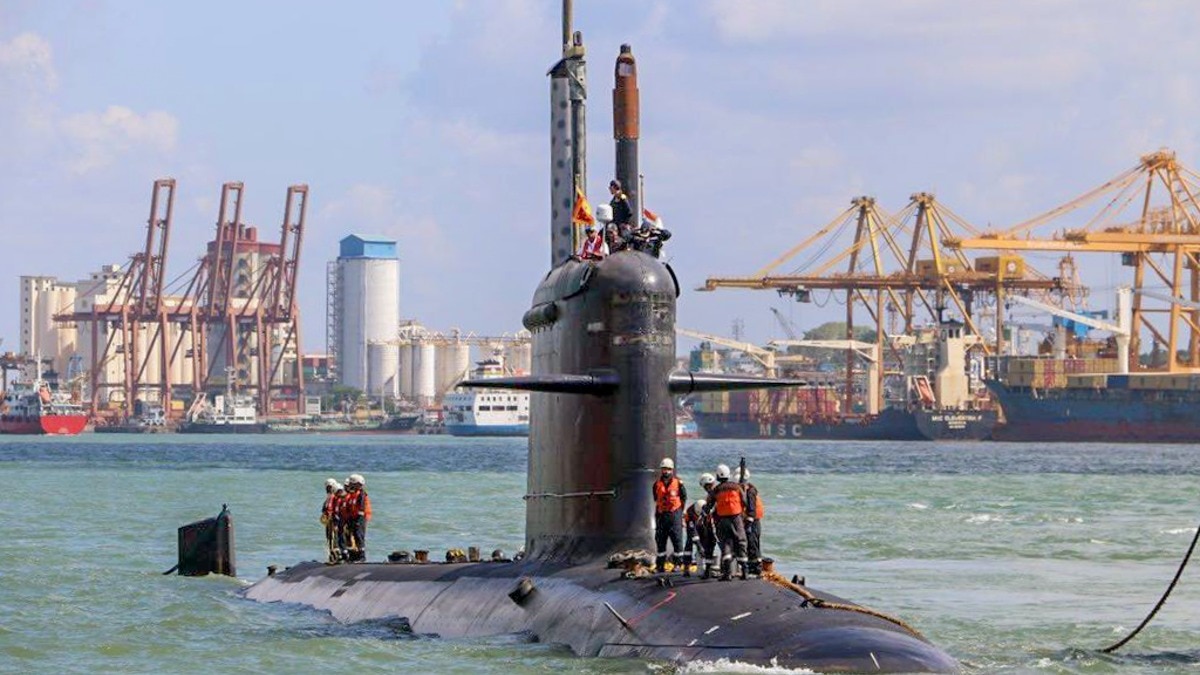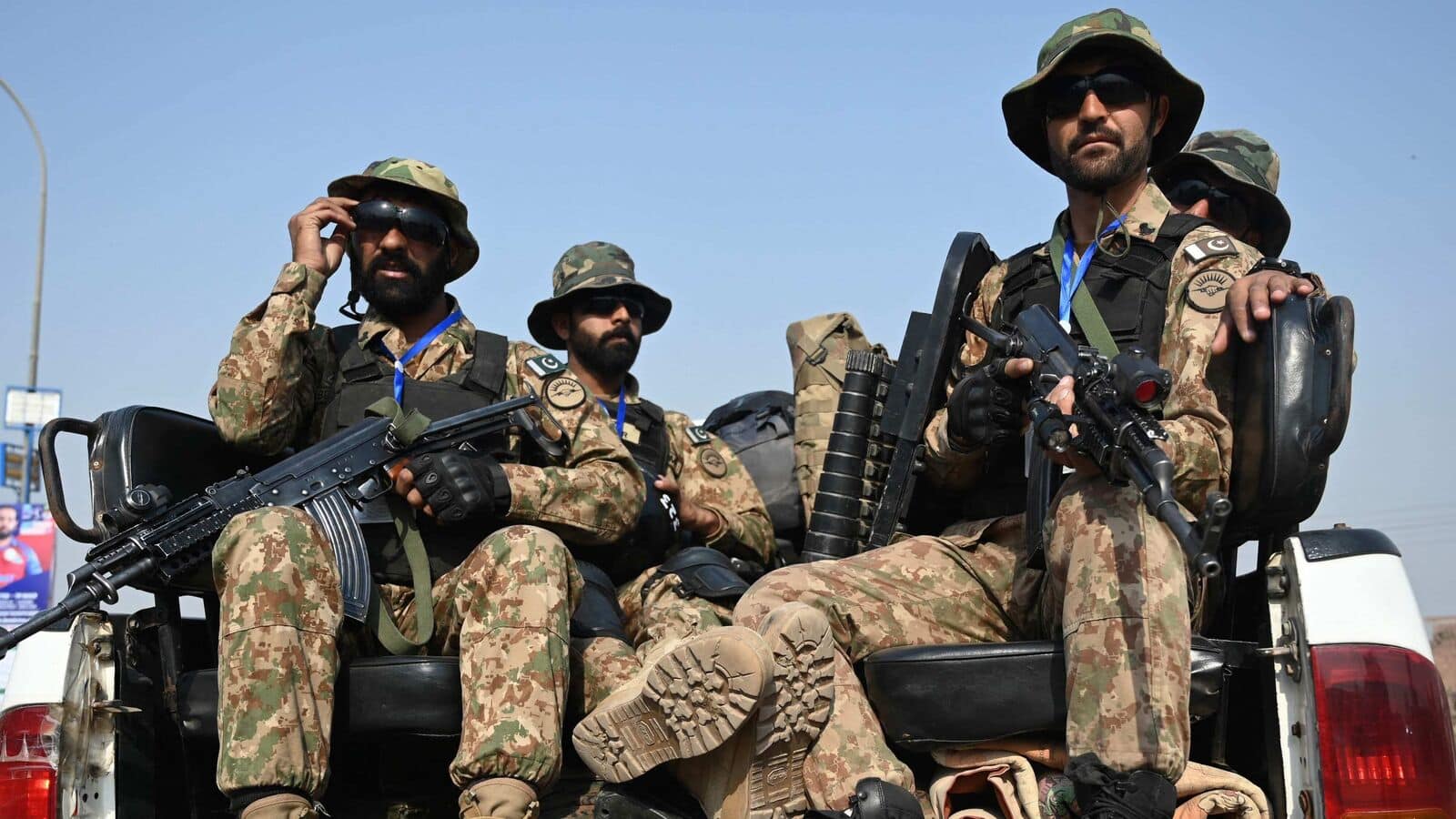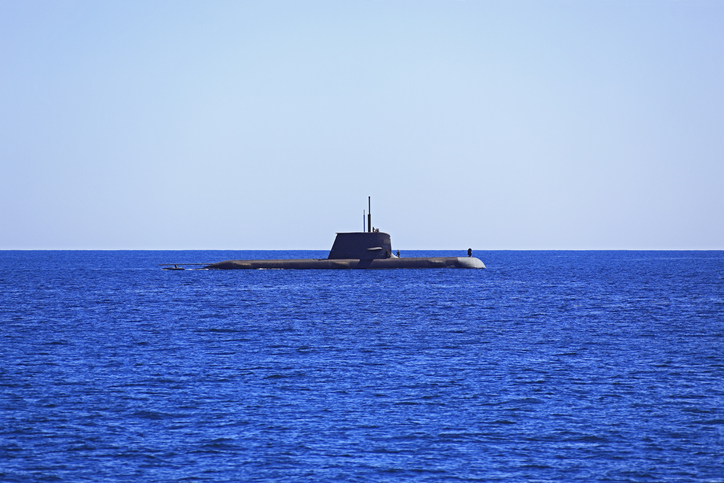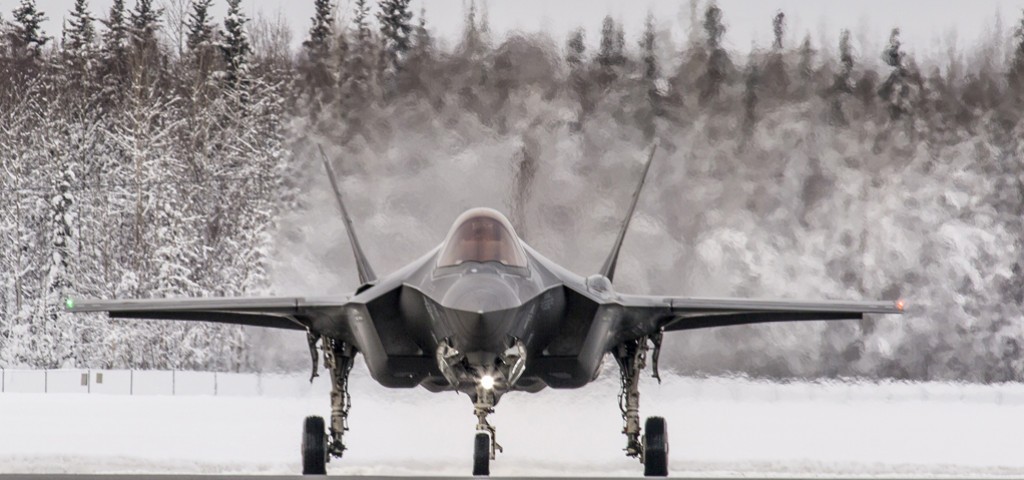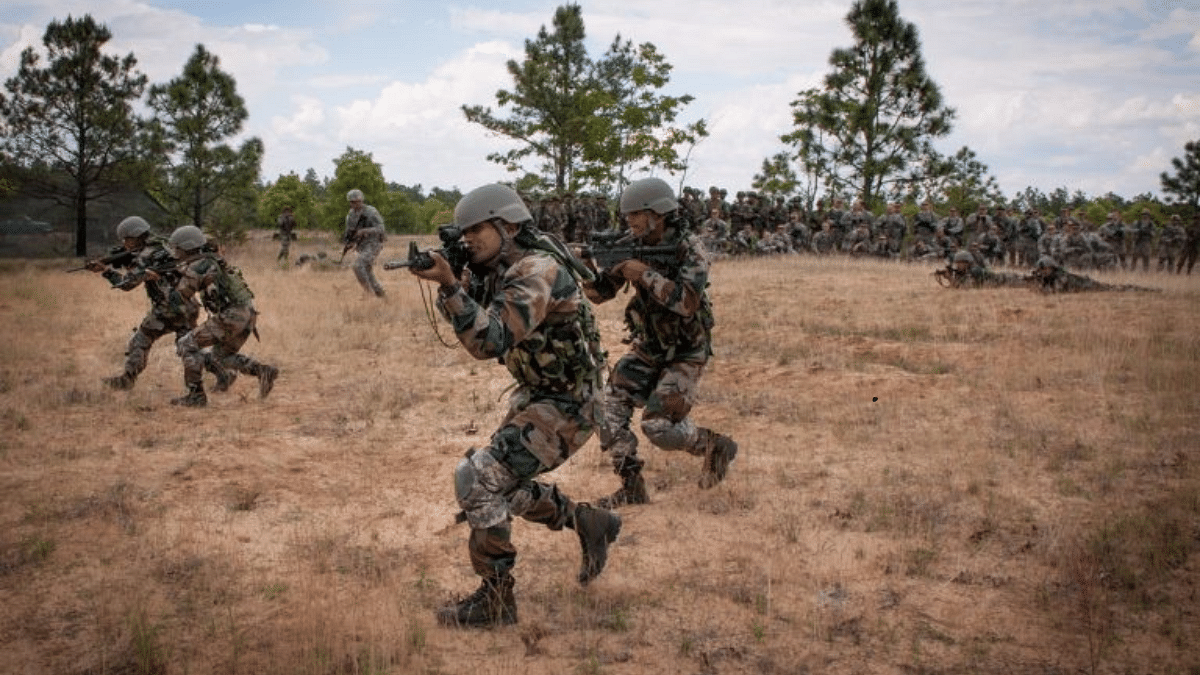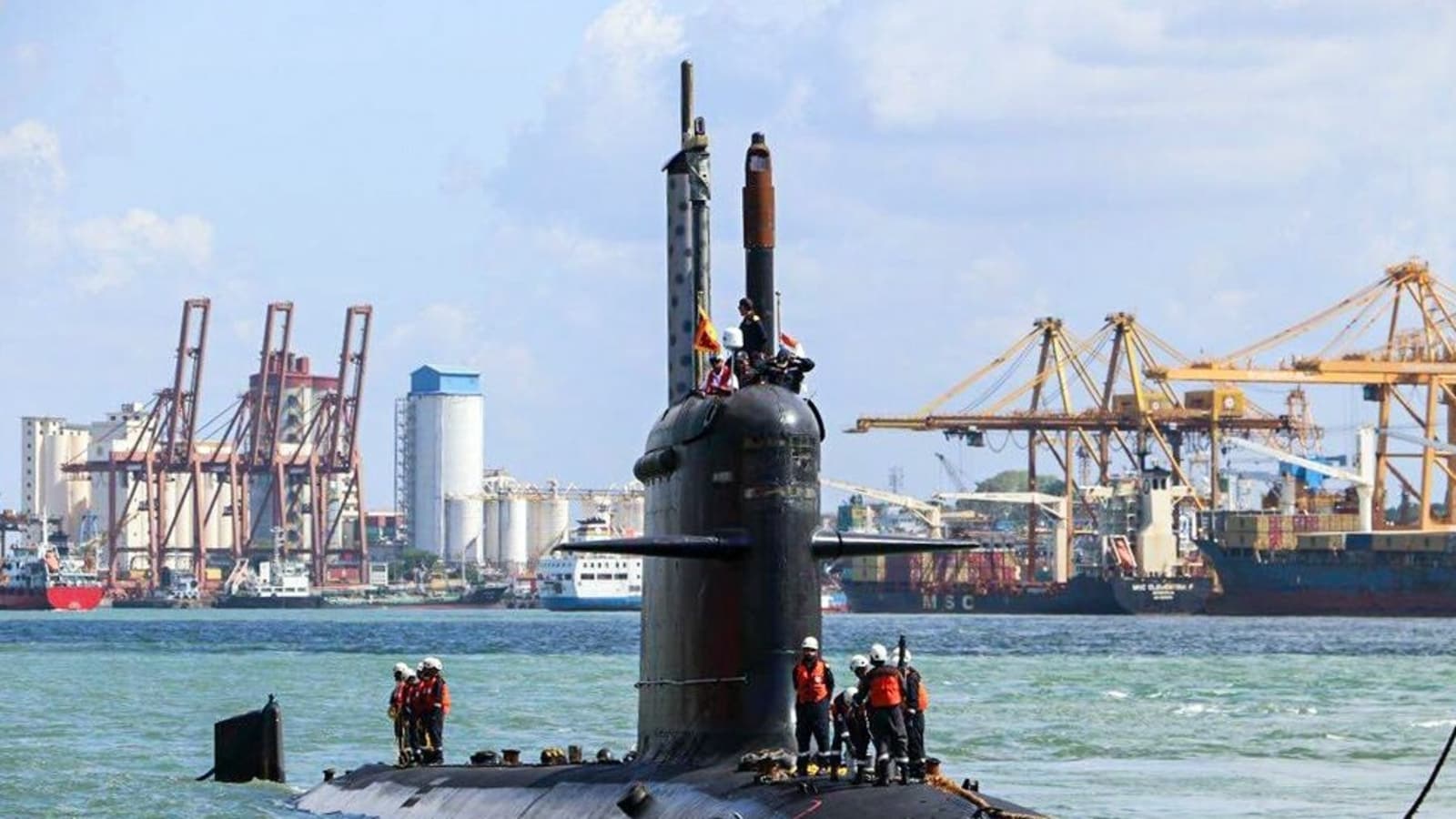Indian Navy Submarine Collides with Fishing Vessel ‘Marthoma’, Search Operations Ongoing for Missing Crew Members
An Indian Navy submarine was involved in a collision with a fishing vessel named 'Marthoma' while operating about 70 nautical…
Death Toll Rises to 43 in Sectarian Attacks in Northwest Pakistan
The recent escalation of violence in northwest Pakistan has left a profound impact on the Kurram district, where the death…
Indian Navy Scorpene Submarine Collides with Fishing Vessel off Goa, Search Operations Underway for Missing Crew Members
On November 22, the Indian Ministry of Defence reported a significant maritime accident involving a Scorpene-class submarine of the Indian…
Finland Appoints ICEYE to Lead Consortium for Enhanced F-35 ISR Capabilities
Finland has taken a significant step in bolstering its military capabilities by appointing satellite manufacturer ICEYE to spearhead a consortium…
Army Identifies 16 Technological Clusters for Modernisation and Specialist Recruitment
In a significant stride towards modernization, the Indian Army has identified 16 technological clusters, which will be central to its…
Indian Navy Submarine Collides with Fishing Vessel off Goa; Search Ongoing for Missing Crew Members
A significant maritime incident unfolded off the coast of Goa when a fishing vessel, Marthoma, collided with an Indian Navy…

